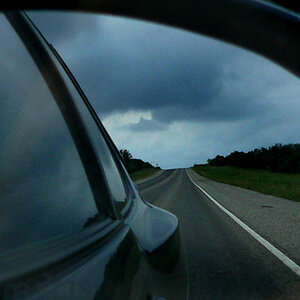brunerww
No longer a newbie, moving up!
- Joined
- Nov 26, 2012
- Messages
- 660
- Reaction score
- 59
- Location
- North America
- Can others edit my Photos
- Photos NOT OK to edit
Overall digital camera shipments down 36% in the same period: DSLR sales down for first time in a decade - AfterDawn
Andrew Reid at eoshd.com thinks consumer DSLRs will be dead in 5 years: Consumer DSLRs "dead in 5 years" » EOSHD.com
It may take 10 years, and not 5, but the handwriting seems to be on the wall. As for me, I'm starting a camera phone blog
Bill
Andrew Reid at eoshd.com thinks consumer DSLRs will be dead in 5 years: Consumer DSLRs "dead in 5 years" » EOSHD.com
It may take 10 years, and not 5, but the handwriting seems to be on the wall. As for me, I'm starting a camera phone blog
Bill





![[No title]](/data/xfmg/thumbnail/33/33029-f4556b4c89cecbad12ebe6b782a51ef5.jpg?1619735843)



![[No title]](/data/xfmg/thumbnail/37/37536-3578b4f283f738d862be62d896fa52d5.jpg?1619738132)



